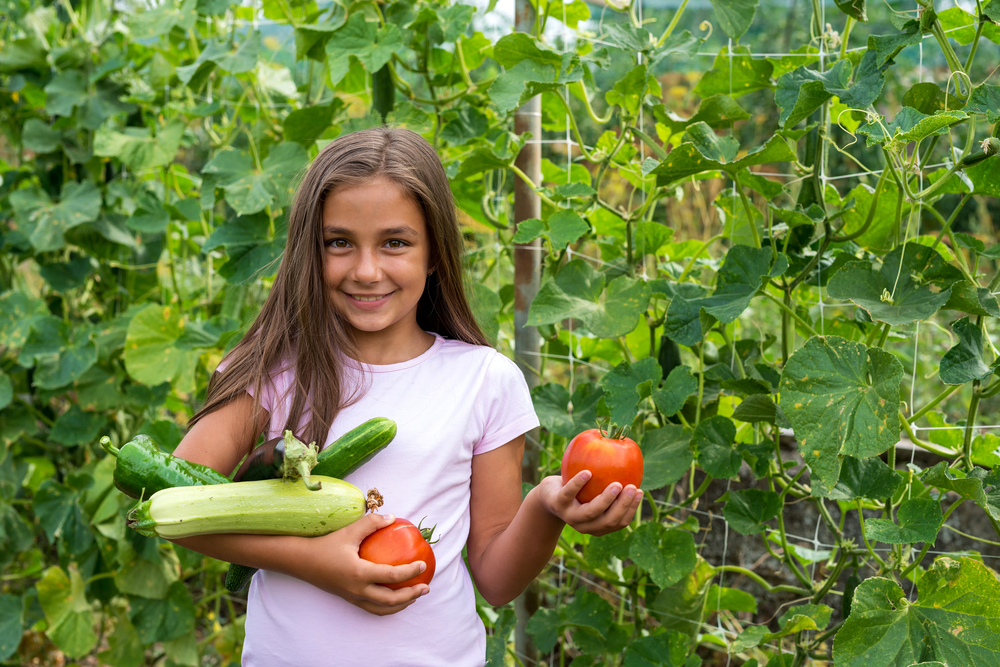“The garden suggests there might be a place where we can meet nature halfway.” — Michael Pollan, an American author, and professor.
The humble carrot, the mighty spinach leaf, the utilitarian black bean. A fresh sweet kale salad livens up a plate. A bowl of miso broth with spinach comforts at the end of the day. A power bowl of quinoa, beans, corn, and avocado gives strength and sustenance. A pan of baked granola with cardamom and cinnamon wakes up the senses.
Each plant plays a role in the larger steadfast cycle of seasons and growing — each grounding in their simplicity and also wondrous in their ability to transform our health and mindset. The power of plant-based eating heals, fortifies, and supports. These profound attributes can provide a foundational element of our wellness, especially as we navigate the disruption of a world changed by Covid-19.
In World War I and II, families across the United States planted “Victory Gardens” – coined by George Washington Carver – that included vegetables, fruits, and herbs. Victory gardens were established in public parks and at private residences, encouraging Americans to become more self-sufficient so that more food resources could be allocated to the war effort. In addition, victory gardens had a morale-boosting effect as people were empowered and busied by the tangible and rewarding process of tending to a garden.
Flash forward to 2020, and seed companies, like Baker Creek Heirloom Seeds, a Mansfield, Missouri farm, are experiencing unprecedented inventory shortages with the arrival of spring and people’s resurgence of interest in planting gardens. Food security is at the forefront of people’s minds as we witness supply chain interruptions and scarcity at grocery stores. Cheap seeds or starter plants and dirt offer an option for mid-summer produce, as well as a welcome redirection away from the headlines. Family farms and co-ops also play a role in supporting food security and regenerative agriculture, offering people local sources for nutrition and organic produce.
Two ways that plant-nutrition can support people during turbulent times is by (1) Helping curb stress and anxiety; and (2) Preparing for social distancing and isolation.
Whole foods, plant-based diet fuels feelings of wellbeing and peace. Experts suggest these versatile ingredients for immediate health benefits:
– Whole Grains – Carbs trigger the release of serotonin, which can immediately support concentration, focus, and mood improvement. Fiber-rich whole grains also provide sustained energy and contribute towards a healthy gut microbiome.
– Pistachios – In addition to lowering blood pressure levels, pistachios also include vitamin B and are known for reducing stressed-out feelings.
– Avocados – Avocados include healthy fat rich in omega-3 fatty acids that boost health, satiation, and anti-anxiety effects.
– Citrus – Superstars of the fruit section – oranges, strawberries, and grapefruits – are packed with vitamin C, a vitamin that supports immunity and anxiety-prevention.
– Greens – Broccoli, peas, and kale are fiber-rich and stabilize blood sugar, so that blood sugar crashing has less of a chance of happening which can trigger mood swings and anxiety.
– Ginger – Sharpens cognitive functions and wards off oxidative stress-related inflammation.
– Tea – Green tea offers soothing effects and suppresses neuroinflammation.
A whole-food, plant-based diet is also an easy way to plan pantry essentials in the case of food shortage or quarantine. The following five items can be used in multiple recipes and snacks, and give you extra sustenance when needed: Dried beans (e.g., lentils), frozen vegetables, peanut butter (or other nut kinds of butter), oats and ancient grains, and dried fruit.
Plants answer our fundamental nutritional needs in times of stasis or duress. A whole-food, plant-based diet is our best bet at meeting nutritional needs and planning ahead for times of shortage or disruption. Ultimately, plants offer an opportunity to connect us to a conversation of our role in a greater, more regenerative food cycle in our communities and around the world.











